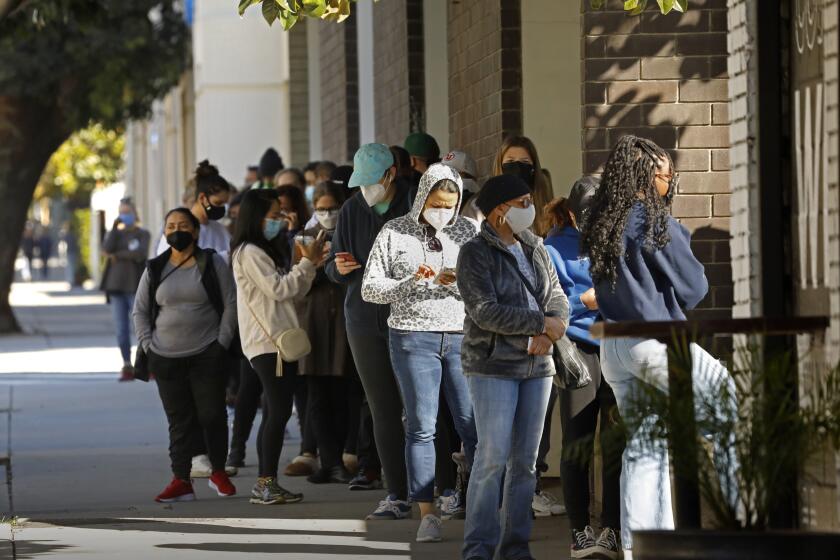Europe heads toward a new normal as COVID curbs unwind

Europe looks to be gradually leaving the pandemic behind, with Germany poised to become the latest in the region to unwind restrictions that have disrupted life for two years.
Most of Germany’s COVID-19 curbs will be rolled back in three stages by March 20, according to a proposal prepared by Chancellor Olaf Scholz’s office for a meeting with regional leaders on Wednesday.
Switzerland will scrap almost all of its pandemic-related restrictions starting Thursday, including a work-from-home recommendation and the need for COVID-19 documentation to enter the country. Austria announced similar steps on Wednesday, and the Netherlands will lift controls on people and businesses beginning Friday.
Once the global epicenter of the crisis, Europe is looking to return to something close to normal. The shift is being helped by relatively high vaccination rates and milder symptoms caused by the Omicron variant, even if infection rates remain near peak levels in some countries.
France, which moved faster on unwinding restrictions than some of its neighbors, could go a step further by loosening requirements on masks and showing proof of vaccination starting in mid-March, Health Minister Olivier Véran said Wednesday.
“If the trend continues, the wave could be over in about two weeks,” he said on France Info radio. “We could get back to a quasi-normal situation.”
The nation’s top health official says the U.S. is moving closer to the point that COVID-19 is no longer a “constant crisis.”
Germany’s outbreak has started to recede in recent days, and the improving outlook prompted calls from across the political spectrum for Europe’s largest economy to follow countries such as Britain, Ireland and Denmark in easing restrictions.
But German officials remain cautious. The government’s proposals call for mask-wearing and social distancing to remain mandatory in indoor public spaces and on public transport. The draft from Scholz’s office also warns of the danger of a fresh wave caused by new variants “at the latest by the fall.”
“We have to remain vigilant,” Hendrik Wuest, premier of the state of North Rhine-Westphalia, said on public broadcaster ARD. “We can’t just throw everything overboard that has proved its worth in recent months.”
In Switzerland, the use of COVID certificates for indoor venues such as restaurants and cinemas will end Thursday. Masks will still be required on public transport and in healthcare facilities.
Austria will cancel almost all restrictions March 5, though people will still be required to wear masks in some places, Chancellor Karl Nehammer told reporters. Nightclubs will be allowed to reopen, and public events will no longer face capacity constraints.
“The virus is still part of our lives, but as it stands we can responsibly take a political decision to free people from most restrictions,” he said.
COVID-19 will never go away, but the pandemic will be over when the disease becomes ‘endemic.’ Here’s what that means.
Slovakia is planning to gradually ease most coronavirus restrictions as hospitals appear to be coping despite a record surge of infections. Prime Minister Eduard Heger said Wednesday that people will have access to stores, shopping malls and various public gatherings and services, including bars and restaurants, without any restrictions. They won’t have to present any certificate that they have been vaccinated, recovered from COVID-19 or tested negative for the coronavirus.
Those public health measures should be lifted by the end of February, though the government has yet to announce the details of the plan.
In Germany, unvaccinated people will immediately be allowed to enter nonessential stores as long as they have a negative test result, according to the chancellery proposal.
A second step would take effect March 4 and open up access to restaurants, hotels and nightclubs to people who haven’t gotten vaccinated. In the third and final phase, other measures — including work-from-home requirements — will be allowed to expire “as long as the state of the health system allows,” the paper says.
Federal and regional officials will also reiterate their backing for a general vaccine mandate. Lawmakers in the Bundestag have yet to begin debating the measure due to a lack of consensus among political parties and legal complexities.
The Associated Press was used in compiling this report.








